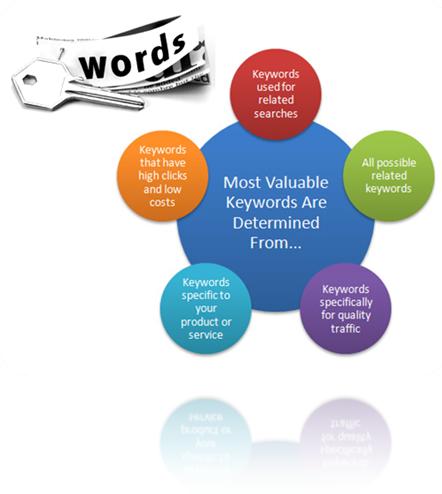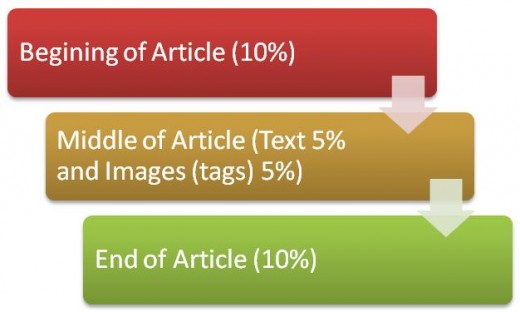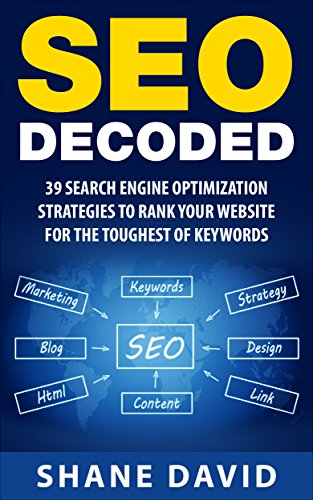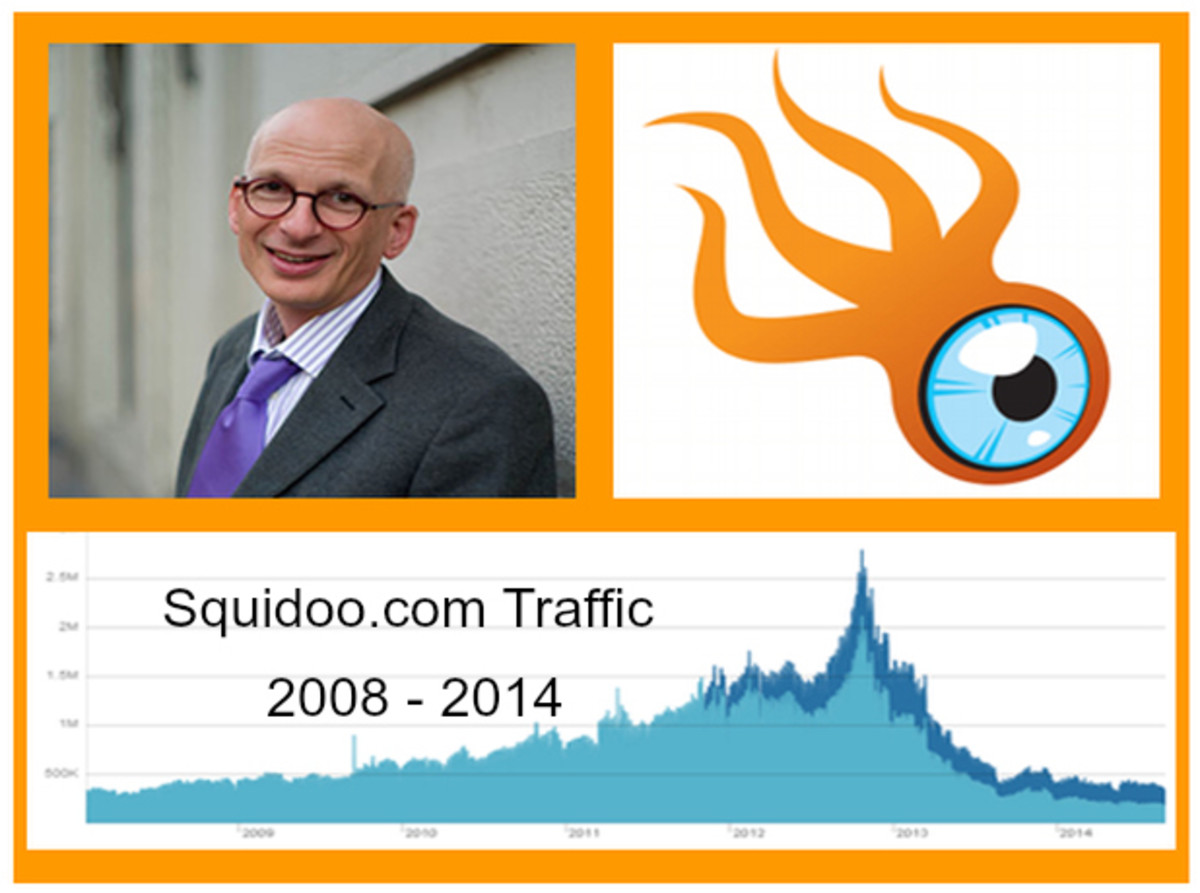What is a Keyword and how to select them?

Once you have decided to make money online, you need to determine which method you will employ to start the ball rolling. Assume you decide that you will create a number of articles which you will publish onto a revenue sharing article directory like Hubpages. Go ahead and signup with Hubpages if you already haven’t, you then create your first article and publish on the article directory. Like many people you think “that’s it the money will start to roll”, I’m afraid it does not work in that way, you may get lucky and see a few pence or better still a pound or two appear in your Google Adsense account or your Kontera account but over a short period that will quickly diminish and the traffic to your article will dwindle.
How can you then ensure the effort you put into creating your content does not go to waste and the article is viewed by people on the internet, it also continues to generate passive income for you. To do that you need to actively invest time and effort into optimising your content for the niche market that you are targeting with your writing and you need to look at using words in your content that people will be searching for – this is where KEYWORDS come into focus.
SEO Tool Kit
Learn how to find your Keywords...
What is a Keyword?
A keyword is a word that is going to be placed in your article several times, not just once as that would make every word a keyword. When a spider (search engine gadget) sees that you have a word placed several times in an article, it will determine that your page may be useful to users that search for such a keyword.
In SEO language, the keywords or keyword phrase is the phrase or text that the author (which is you) is trying to target for search engines and indirectly readers or customers. You should attempt most of the time, to focus on one keyword or keyword phrase per page. Keywords should represent the main point of a page. They are the words that someone would type into a search engine and find your page.
For example – Say you wanted to search for ‘Making Money Online’ you would insert that into your search page. Any content on the web that has the words ‘Making’ ‘Money’ ‘Online’ or the whole phrase will be displayed in the search results, so the keyword or phrase are the above three words.

The Importance of Keywords
Keyword density and placement are important parts of optimizing your hubs or articles for search engines. Search engine spiders scan a page in a way that makes it important to place your keywords where they will be detected and recognized as a keyword or phrase, so that your article will come up when someone searches for that keyword.
Search engines are not advanced enough to be able to scan pictures, graphics, and videos automatically to determine what the best content for users is. Right now, all search engines can do is crawl your site text for content. If your content is good and keyword placement is optimum, it will rank your pages high. If instead, you filled your site with Flash and very little text or did not optimise it, you’ll probably lose out.
Over Optimizing Your Articles
It is important to note that you should not over optimize your articles for particular words, this is known as “keyword stuffing”. When you stuff keywords in an article a spider will detect that you are trying to trick it into placing your article high in the search engine results for that word, and will instead penalize your site and your page for doing that. This may even affect the rankings of your other pages or get your site blacklisted from a particular search engine if you are found keyword stuffing too many times. As they say too much of a good thing can be bad for health.
Most useful tools for optimizing your hub...
Tools to make your online life easy..
What is Keyword Density?
Keyword density is how many times your keyword is placed in your article or hub. Most use a percentage to determine how many times they will put a keyword in an article. For instance, if you have a 600 word article and want to achieve a keyword density of 5%, then you will need to have the keyword in your article exactly 30 times. You can find hundreds of resources and guides recommending one keyword density over another and the reasons behind the logic, however, in the end you will have to determine which density is more profitable for your articles, don’t get too hung up on the density initially – what you should focus on s getting started with some keywords and then gradually fine tuning your content overtime. As long as you don’t over optimize and you are making sufficient profit from your rankings, then you can choose whatever keyword density you like.

The Right Density
No matter what exact density you choose, it is important to place keywords so that there are more at the beginning and end to produce an hour glass effect. Having the right keyword density in your article makes it more likely that you will make money off of that article because it will climb in the search engine results and be seen by more people.
The Best location for Keywords
Once you have identified what keywords or key phrase your target audience is using, you need to use those words wisely on your site and place the keyword in the best position for it to compliment your article. The first place you need to make sure you put those keywords is in your title tags and page header.
For example, if your target audience is looking for “Mobile Phones,” “How to use Mobile iPhones” might be a good page title, and “We provide a full range of Mobile Phones” might be a good page header.
As motioned above make sure to distribute your keywords at the beginning and end of your articles, with sporadic usage in the middle portion of your text an example is shown in the image below for the estimated 600 words:


Always remember – “Success is the sum of small efforts, repeated
day in and day out.”

![Trafficseeker Standard Edition [Old Version]](https://m.media-amazon.com/images/I/51xfsAv+URL._SL160_.jpg)










